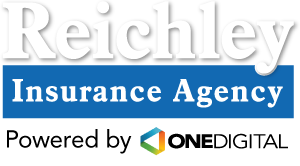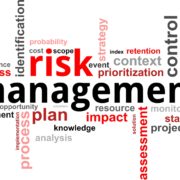Is Insurance A Noble Profession?
We believe without question that insurance is a noble profession. Our reason for this is that the purpose of insurance is to protect society, businesses, and individuals from financial loss and to help them recover when loss or damage occurs.
Google defines “noble” as having, or showing, fine personal qualities or high moral principles and ideals.
“The promotion of human rights was a noble aspiration.” Synonyms for noble are righteous, virtuous, good, honorable, upright, decent, worthy, moral, ethical, and reputable.
How does this definition of Nobility translate into action? It can be seen in many ways by an agent with Noble attributes. They show up on time and in person to discuss your individual needs. A Noble agent will tell you not to purchase insurance if he believes you do not need it. Insurance Nobility involves education rather than selling.
Here Is How We Define Nobility
Nobility is taking the right course of action when there is an opportunity to take an easier course. In other words, our industry serves a Noble purpose that is to restore those affected back to the same state prior to the loss. Like all industries there are those who look to personally benefit rather than to serve. Since insurance is a transaction of trust and not price, then hiring a Noble agent who serves a Noble cause to serve their customers before themselves, creates a better value and outcome. We should all strive to earn the respect and trust of our customers and insurance buyers should strive to hire agents that can live up to that trust and respect.
Nobility is something that can only be seen over time, through personal interaction between the agent and customer. The customer with a Noble agent will have an added confidence that their agent is looking out after their needs rather than just collecting a commission.
Let’s keep talking!










